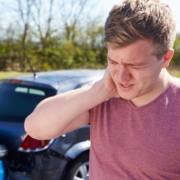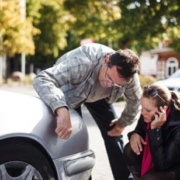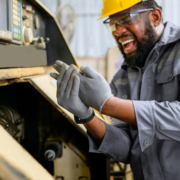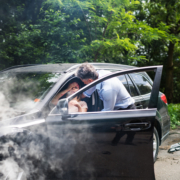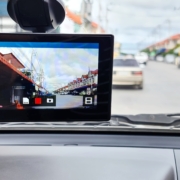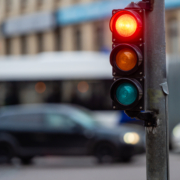How Unsafe Booster Seats Cause Injuries in Crashes?
Car seat manufacturers do a lot to convince parents that their seats are the safest choice. With marketing regulations in the United States, you should be able to trust their marketing materials. Unfortunately, that isn’t the case. Independent testing and investigations have found that booster seats can cause serious injuries in side-impact crashes.
Have you been hurt in a side-impact crash? It’s time to talk to a personal injury attorney and find out if you’re entitled to compensation. Call Hedge Copeland at 251-432-8844 to schedule a consultation now.
Why Booster Seats Can Be Unsafe
Booster seats serve as a bridge between using five-point harness seats and only using a seatbelt. How could they make car rides more dangerous for kids?
The fact is that booster seats, on their own, provide minimal protection. Research indicates that that protection is primarily for kids who weigh at least 40 pounds. The younger a child is, the more fragile their born structure is and the more prone they are to injuries in a car accident.
Children at the lower end of the weight or age range are often better served in a five-point harness seat. However, parents may be convinced to switch to a booster seat because of how manufacturers market those seats.
Consider the amount of protection you have in a side-impact crash compared to a head-on or rear-end crash. In a head-on crash, the front end of the car absorbs a lot of the damage dealt by the other vehicle. The trunk of the car takes most of the damage in a rear-end crash.
In a side-impact crash, a child’s only barrier is a door—much less protection than they’d get in other types of crashes. If they’re in a five-point harness seat, the seat also guards them against extensive damage. The curved, raised edges of these seats prevent children from flying out of the seat and suffering serious head or neck injuries. The seat itself may dislodge, but even then, it keeps the child in a relatively stable position.
Booster seats do not have either of those advantages. They have no side protection, so a large impact could throw your child sideways. This is too much stress for a developing neck and head to absorb. The seat does not do anything to keep the child in a stable position.
What Manufacturer Tests Discovered
There is no standardized test for side-impact testing, despite the NHTSA being told to do so. Manufacturers have made their own tests, and it should come as no surprise that their standards aren’t exactly stringent.
ProPublica obtained testing footage from Evenflo and other manufacturers, and what they found was startling. Each company’s tests showed that children involved in a side-impact crash in a booster seat could suffer serious injuries. However, companies still chose to bring the seats to market and advertise them as “side-impact tested.” They were able to do so because the NHTSA never implemented universal standards.
How the Government Got Involved
Once this news broke, the U.S. House Committee on Oversight and Reform’s Subcommittee on Economic and Consumer Policy started digging more into booster seat marketing and testing. This process is ongoing, but it is expected to result in stricter standards for every company that makes and markets booster seats. The NHTSA may also be thrown into the spotlight because of the agency’s inability to create safety standards for side-impact testing. All in all, expect to see an overhaul of booster seats in coming years.
What to Do If You Are Involved in a Side-Impact Crash
Side-impact crashes can be extremely dangerous for passengers and drivers, but children are at serious risk of life-changing injuries. It’s important to talk to a personal injury attorney to find out if you are owed compensation for the other driver’s role in the crash.
Choose Hedge Copeland for Your Personal Injury Claim
The team at Hedge Copeland is here to help you pursue full and fair compensation for your car accident injuries. The first step is to discuss your accident in greater detail and find out who’s liable for your injuries. Set up a consultation now by calling us at 251-432-8844 or filling out our online contact form.


